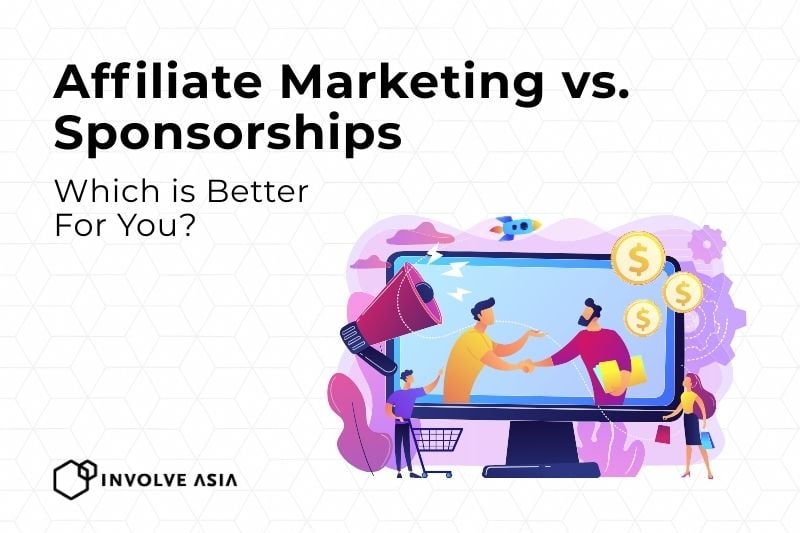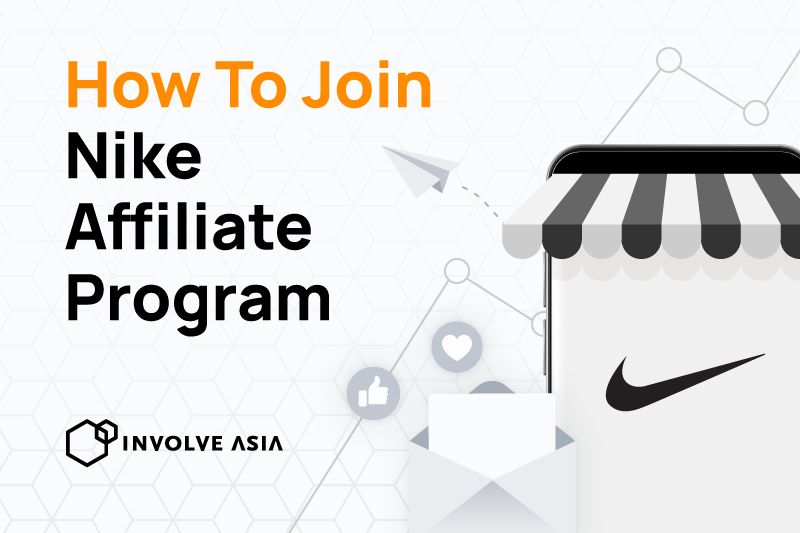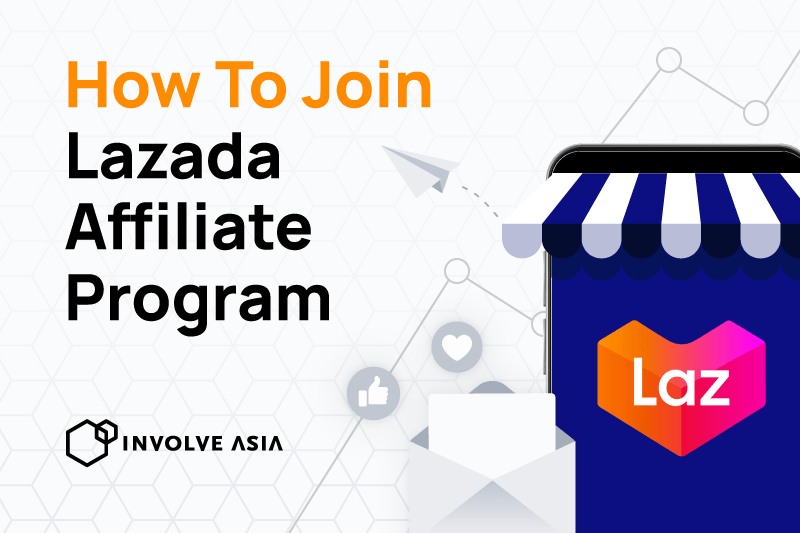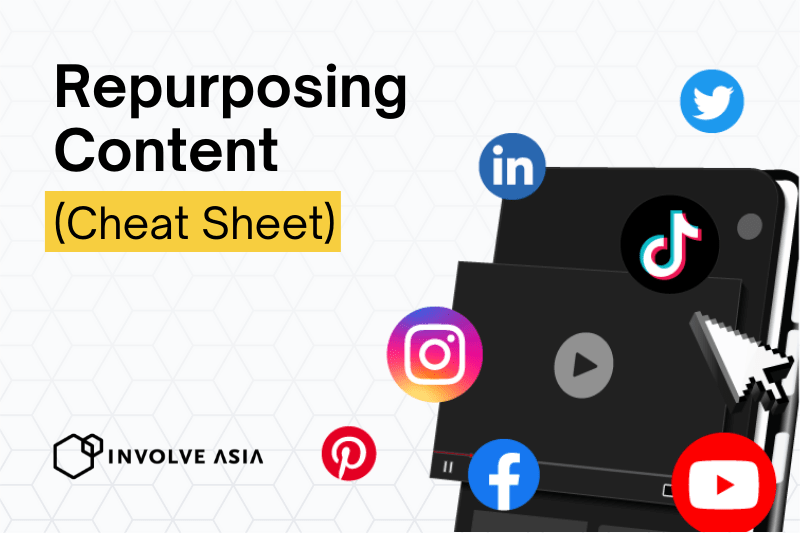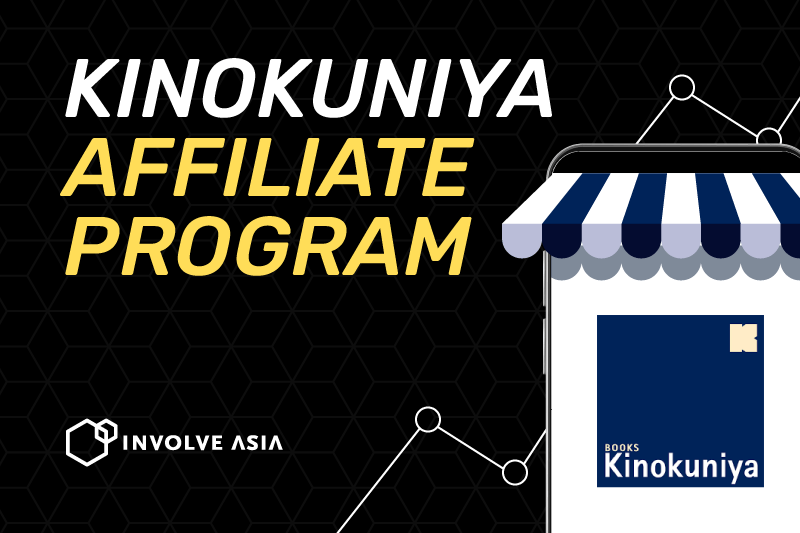If you’re looking to monetize your content and earn a consistent online income from your audience, affiliate marketing and sponsorships are two of the most popular strategies. While both offer great earning potential, they operate very differently.
Affiliate marketing is a performance-based model, where you earn commissions by promoting third-party products. In contrast, sponsorships involve direct brand partnerships, where companies pay you upfront for content that features their product.
So, which is better for you? Should you focus on affiliate marketing, sponsorships, or both? This guide will explore the key differences, benefits, challenges, and earning potential of these two business models.
What is Affiliate Marketing?
Affiliate marketing is a commission-based online business model where content creators, bloggers, or influencers promote products and services through their unique affiliate links. Every time someone makes a purchase through your link, you earn a percentage of the sale.
How Affiliate Marketers Earn Money
Affiliate marketers can generate income through different commission structures:
- Pay-Per-Sale (PPS): Earn a commission on each sale made through your affiliate link.
- Pay-Per-Click (PPC): Get paid based on the number of clicks on your link.
- Pay-Per-Lead (PPL): Earn commissions when someone completes an action, such as signing up for a free trial or subscribing to a newsletter.
Benefits of Affiliate Marketing
- Low startup costs – No need to create a product or manage inventory.
- Passive income potential – Earn commissions even while you sleep.
- Scalability – Promote multiple products across different niches.
- Diverse traffic sources – Use a website, YouTube, social media, or email marketing.
- No customer service responsibilities – The product owner handles support and fulfillment.
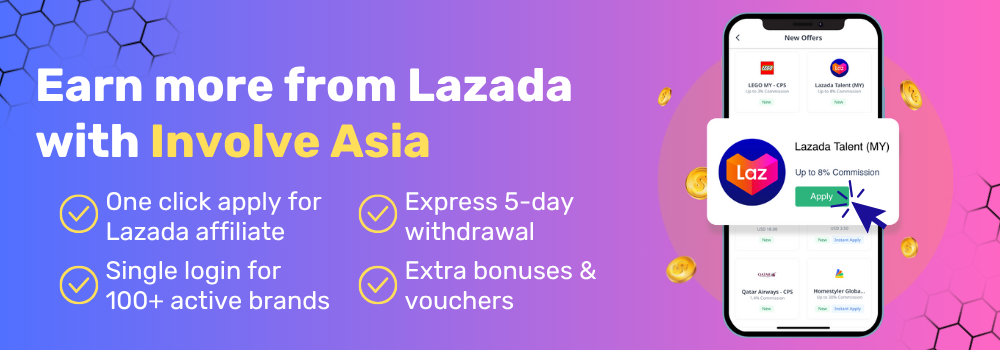
Challenges of Affiliate Marketing
- Traffic dependency – No visitors, no sales.
- High competition – Many affiliates promote the same products.
- Commission cuts – Brands can lower payout rates or cancel programs.
- Delayed earnings – Some affiliate programs have 30-90 day payout cycles.
What are Sponsorships?
Sponsorships involve brand partnerships, where businesses pay content creators upfront to feature their products in social media posts, videos, or blogs. This is a primary revenue stream for influencers, YouTubers, and bloggers.
How Content Creators Earn Money with Sponsorships
Sponsorship deals vary and can include:
- Sponsored posts – Creating content featuring a brand’s product or service.
- Brand ambassadorships – Long-term partnerships with companies.
- Sponsored reviews – Writing or recording content highlighting a product.
- Event sponsorships – Being paid to attend and promote brand-related events.
Benefits of Sponsorships
- High earning potential – Brands pay upfront, eliminating commission-based uncertainty.
- Brand credibility – Partnering with reputable companies builds trust.
- No sales pressure – Unlike affiliate marketing, your income isn’t tied to conversions.
- Scalability with audience growth – Larger followings attract higher-paying sponsors.
Read: How to create an influencer rate card and get paid by brands
Challenges of Sponsorships
- Requires audience engagement – Brands prioritize influencers with high engagement.
- Limited scalability – You must continually secure new sponsorship deals.
- Loss of creative freedom – Some brands dictate content guidelines.
- Short-term earnings – Sponsorships don’t generate long-term passive income.
Key Differences Affiliate Marketing vs. Sponsorships
| Factor | Affiliate Marketing | Sponsorships |
| Income Model | Commission-based earnings | Upfront payments for promotions |
| Scalability | High – Passive income grows over time | Limited – Dependent on brand deals |
| Startup Costs | Low – Website, SEO, or content creation | None – Just need an engaged audience |
| Earnings Timeline | Long-term passive income | Short-term lump sum payments |
| Control Over Content | Full control over content strategy | Brand dictates promotional guidelines |
| Risk Level | Low – No financial risk | Moderate – Losing brand deals can impact income |
Which Business Model is More Profitable?
- Short-term: Sponsorships provide immediate earnings but require ongoing brand partnerships.
- Long-term: Affiliate marketing creates passive income, scaling as traffic grows.
If you want quick payouts, go for sponsorships. If you prefer consistent, scalable income, affiliate marketing is the better option.
Can You Do Both Affiliate Marketing and Sponsorships?
Many influencers and content creators combine both strategies to make the most of their traffic and audience. It also helps to get more brands to work with them.
You can use affiliate links in sponsored content to generate commissions and at the same time, negotiate long-term sponsorships while monetizing evergreen affiliate products.
Diversifying your income streams help reduce reliance on one business model – which is needed in today’s economy!
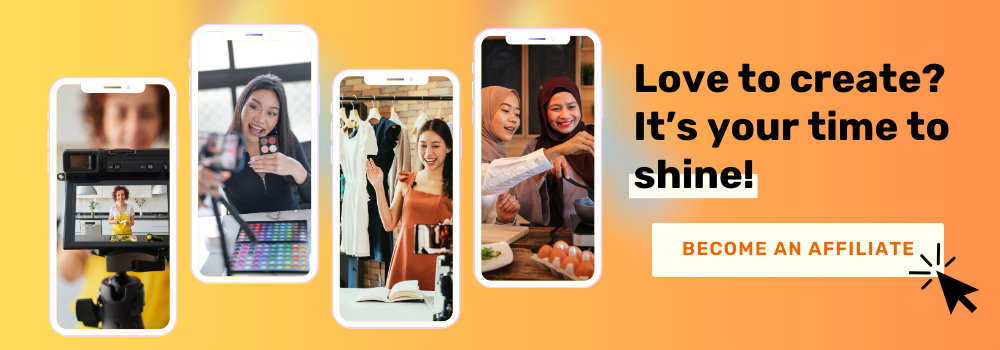
Conclusion
Both affiliate marketing and sponsorships offer great ways to monetize your online presence.
If you want long-term passive income, choose affiliate marketing. If you prefer quick payouts and brand deals, sponsorships are better.
For maximum earnings, combine both!
👉 Sign up here to start affiliate marketing with Involve Asia
Frequently Asked Questions (FAQs)
What is the difference between marketing and sponsorships?
Marketing is a broad term that encompasses all strategies used to promote products, services, or brands, including advertising, content marketing, SEO, and social media marketing. Sponsorships, on the other hand, are a specific type of marketing where a company provides financial support to content creators, influencers, or events in exchange for promotional exposure.
Unlike traditional marketing, sponsorships rely on brand partnerships and audience influence rather than direct advertising campaigns. Sponsorships enhance brand credibility and audience engagement, while marketing focuses on driving conversions through various paid and organic channels like PPC, email marketing, and affiliate programs.
Is an affiliation a sponsorship?
No, affiliation and sponsorship are different marketing strategies. An affiliation refers to affiliate marketing, where individuals earn commissions by promoting third-party products through affiliate links. A sponsorship involves direct brand deals, where businesses pay influencers or content creators upfront to promote their products or services.
While both methods involve brand promotion, affiliate marketing is commission-based, whereas sponsorships offer fixed payments regardless of conversions. Some sponsorships may include affiliate links as part of the deal, allowing creators to earn both upfront payments and commission-based income from the partnership.
Why is sponsorship better than advertising?
Sponsorships are often more effective than traditional advertising because they rely on influencer credibility, audience trust, and organic engagement rather than intrusive ads. Unlike banner ads or PPC campaigns, which users often ignore, sponsorships seamlessly integrate into social media posts, YouTube videos, blogs, and events, making them feel more authentic.
Sponsored content builds deeper connections with the audience, leading to higher engagement and brand loyalty. Additionally, sponsorships offer long-term brand exposure, while paid ads stop generating traffic once the budget runs out. This makes sponsorships a powerful digital marketing strategy for brands looking for sustained visibility.
Is sponsorship an influencer marketing?
Yes, sponsorship is a form of influencer marketing. Brands partner with influencers, content creators, or industry leaders to promote their products through sponsored content. Influencer marketing uses social media, YouTube, blogs, and podcasts to showcase brand collaborations in an authentic and engaging way.
Unlike traditional ads, sponsored influencer content feels organic, leading to higher audience trust and better conversion rates. Sponsorships can take many forms, including paid partnerships, gifted products, event sponsorships, and long-term brand ambassadorships. Brands choose influencers based on their niche, audience engagement, and credibility to maximize marketing success.
What is sponsored affiliates?
Sponsored affiliates are affiliate marketers who receive additional incentives, bonuses, or fixed payments from brands in exchange for promoting their products more prominently. Unlike standard affiliates who earn commissions per sale, sponsored affiliates may receive upfront payments, higher commission rates, or exclusive perks.
Brands use sponsored affiliate deals to increase product visibility, ensuring that the affiliate prioritizes their promotions over competitors. This strategy is common in high-ticket affiliate marketing, where brands offer exclusive incentives to their top-performing affiliates. Sponsored affiliate programs benefit both parties by driving higher conversions and long-term partnerships.
Is affiliate marketing always paid?
No, affiliate marketing is not always paid upfront, but it is a performance-based income model where affiliates earn commissions per sale, lead, or click. Unlike sponsorships, where brands pay influencers regardless of results, affiliate marketers only make money when their audience takes action (e.g., purchasing a product or signing up for a service).
Some affiliate programs offer tiered commission structures, recurring commissions, or performance bonuses. While affiliate marketing doesn’t guarantee fixed payments, successful affiliates can earn passive income through SEO, email marketing, YouTube, and social media promotions, making it one of the most scalable online income streams.
